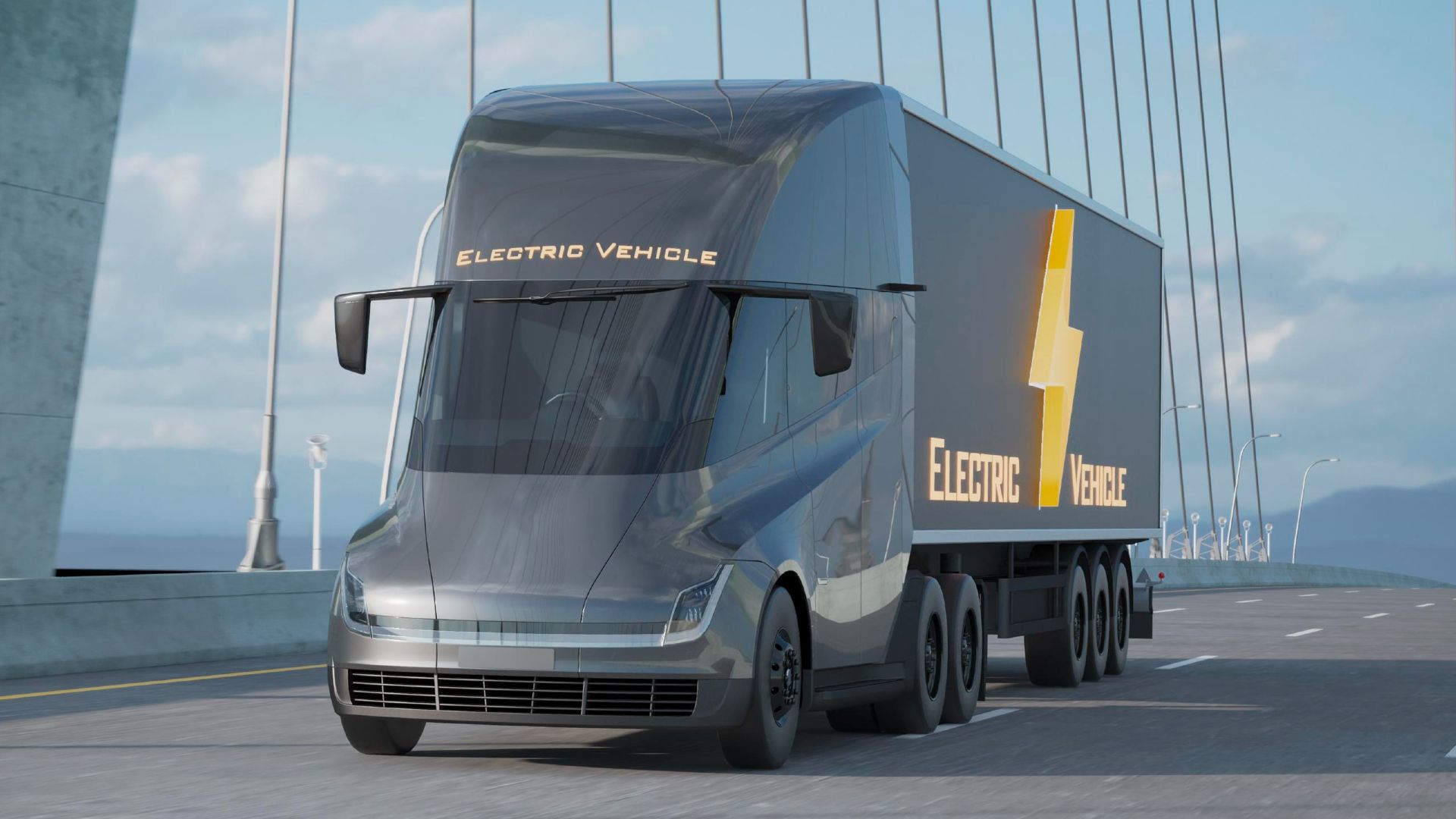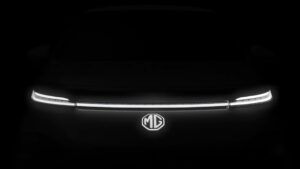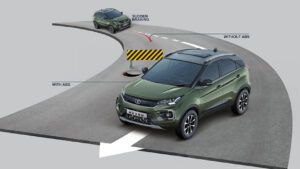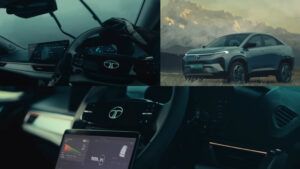The Ministry of Heavy Industries (MHI) is working towards creating an Electric Vehicle (EV) roadmap in alignment with the Government’s vision of Viksit Bharat. To advance this initiative, the MHI has established a task force in partnership with FICCI and other agencies.
ICCT, the International Council on Clean Transportation, will oversee matters concerning electric trucks and the necessary infrastructure in India.
Through this collaborative effort, ICCT and MHI will actively involve stakeholders via workshops and meetings. The objective is to gather insights and recommendations from stakeholders regarding e-truck adoption and infrastructure development.
ICCT India Managing Director Amit Bhatt said:
We are very excited to be part of this task force set up by MHI. ICCT’s background in research on e-trucks and EVs in general will be of immense help in this.
Through these stakeholder consultations, we also aim to create a comprehensive mapping and analysis in the sector. The electrification of trucks in India will support sustainable transport and also commerce.
The transportation sector is one of the major sources impacting climate change. Within India, medium and heavy-duty trucks represent merely 2 per cent of the total vehicle population. However, they are responsible for 45 per cent of all emissions from road transport vehicles. As a result, there is an urgent need for targeted mitigation strategies within this sector.
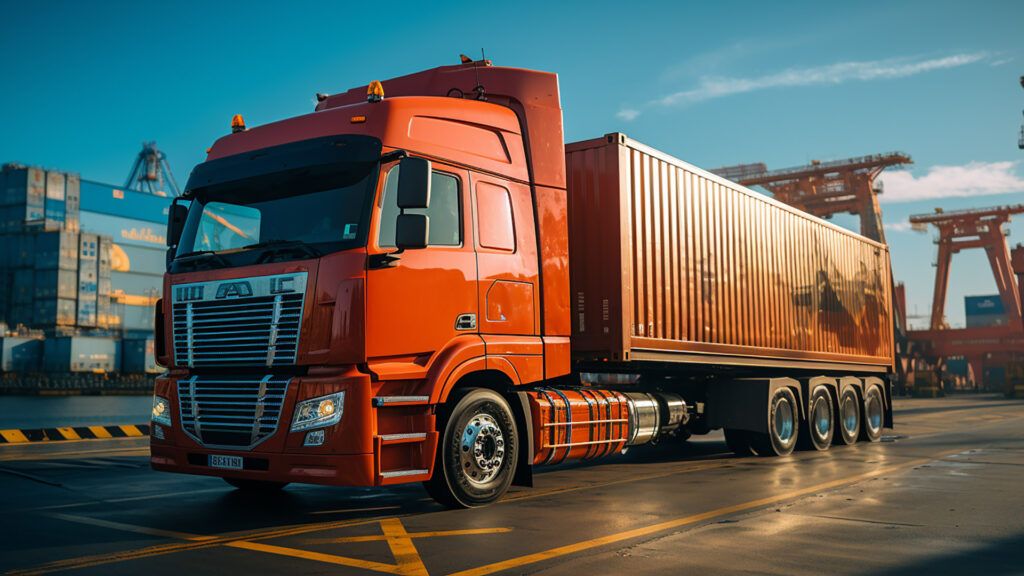
Roles of Different Agencies
MHI has assigned different agencies specific roles to accelerate the electric mobility transition. For instance,
- Focus on charging infrastructure: GIZ, a German government and EU agency, and FICCI
- Overseeing two- and three-wheelers: The Rocky Mountain Institute (RMI)
- Manage electric four-wheelers: World Resources Institute India (WRI) or FICCI
- Battery swapping-related stuff: The Indian Battery Swapping Association (IBSA)
- Powering electronics, devices, and motors: The US Agency of International Development (USAID)
- Advancing chemistry cell (ACC) technologies: The India Energy Storage Alliance (IESA)
- For training workers to support the growing EV sector: TERI
Several agencies have initiated work to establish the foundation for India’s shift towards e-mobility. Additionally, some agencies are partnering with OEMs to propel the automotive vision program for Viksit Bharat 2047 forward.
Increased adoption of EVs will aid India in fulfilling its commitments under the Paris Agreement and its Nationally Determined Contributions (NDCs).
By transitioning towards EVs, India can reduce greenhouse gas emissions from the transport sector, which is a major contributor to overall emissions. Hence, efforts to electrify trucks must start without delay.

